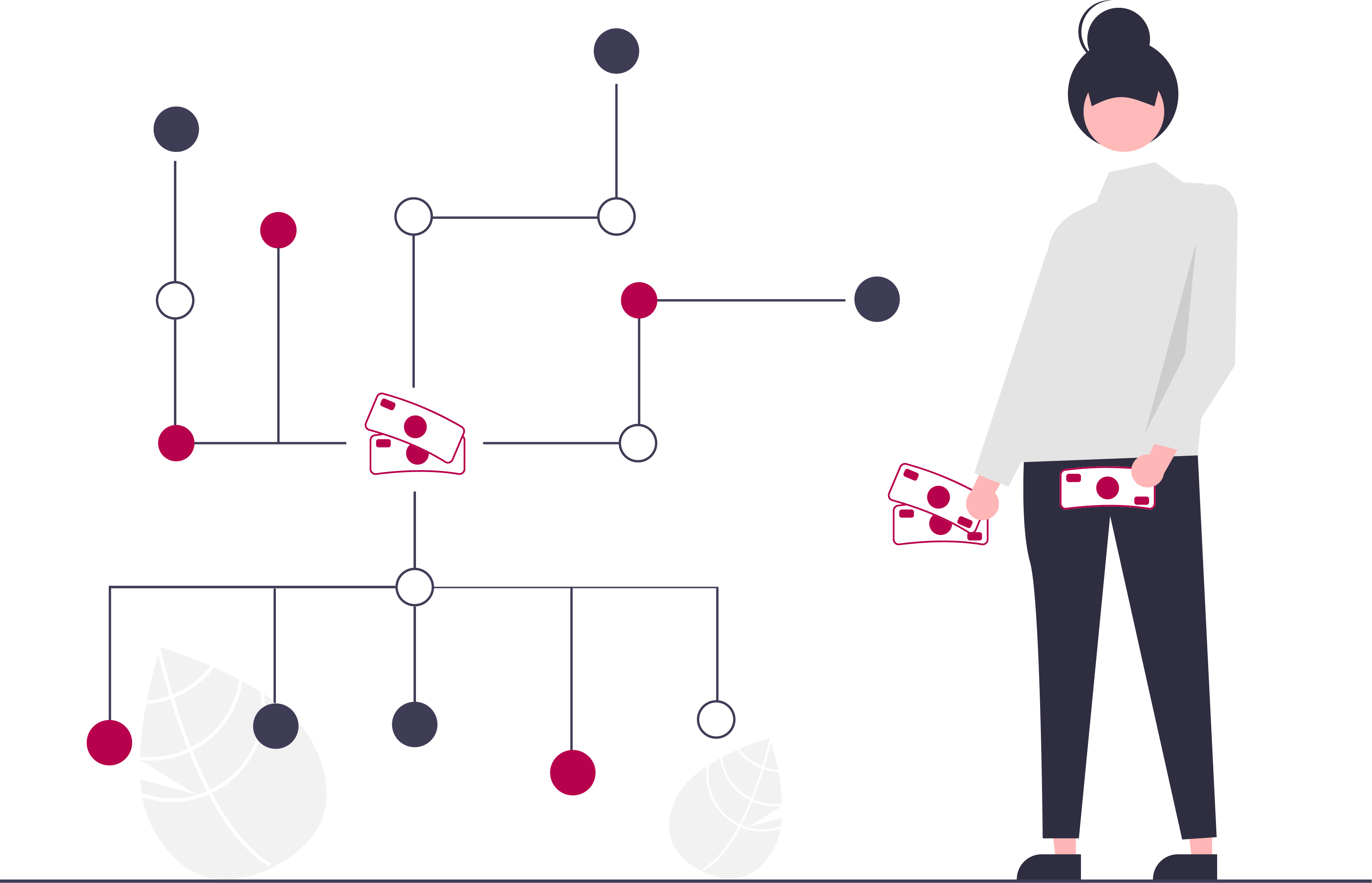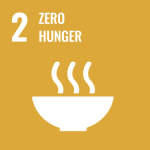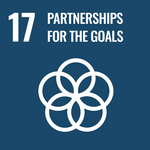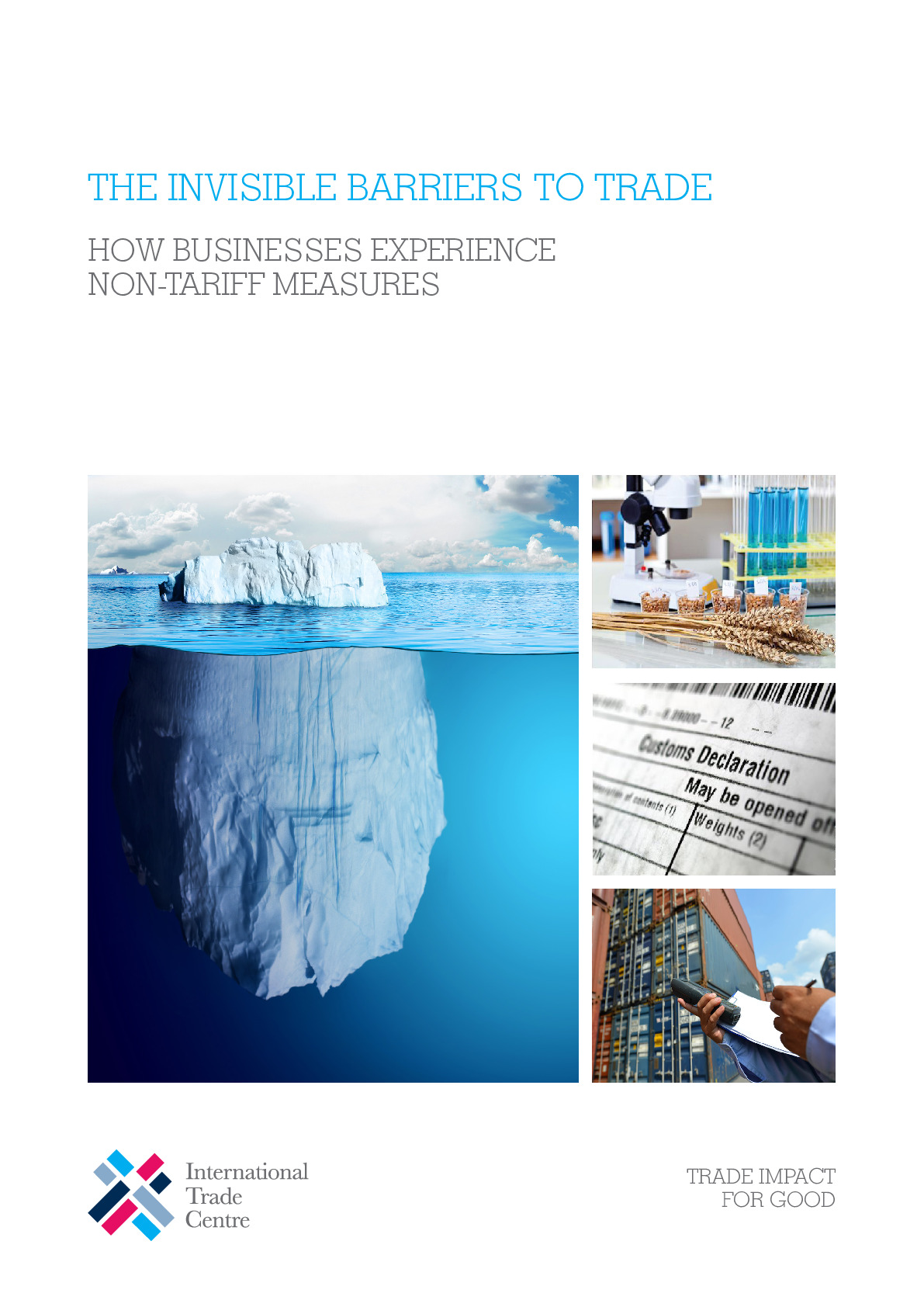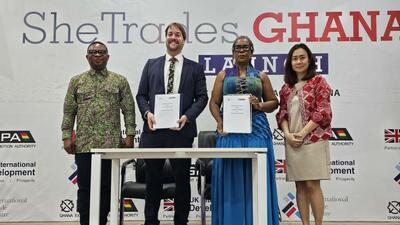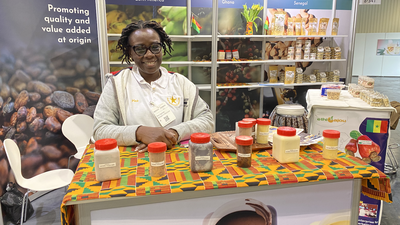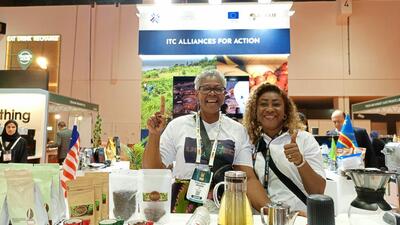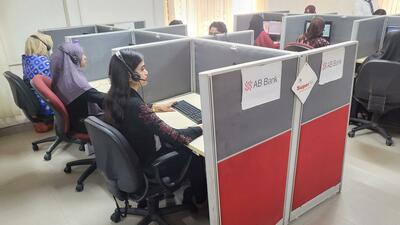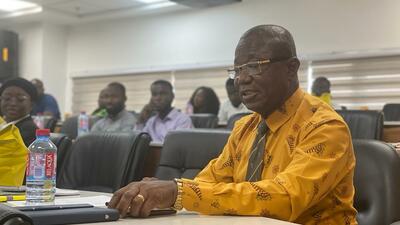
Non-tariff measures programme (W1)
Overview
Summary
This project, which is financed by the preference funding from Denmark, supports ITC’s ongoing work under its non-tariff measures (NTMs) programme, which aims at creating the evidence base that decision makers need to effectively reduce trade cost related to NTMs and create a business environment conducive to inclusive trade. The programme ensures that the concerns of small and medium-sized enterprises (SMEs) about regulatory and procedural trade obstacles are brought to the attention of policymakers and other stakeholders, enabling them to take concrete actions to address these. The work also contributes to increasing the transparency of NTMs and related procedures, and provides thought leadership through research and analysis, informing national, regional and multilateral trade policy making.
The following outlines the vision for the 3-year horizon of the preference funding with a detailed results planning and budget breakdown for the 500K W1 allocation for 2018, 800K for 2019, 800K for 2020 and 300K for 2021.
Partners
Sustainable Development Goals
Working close to businesses to overcome trade barriers
In international trade, Non-Tariff measures (NTMs) are put in place for legitimate purposes such as health and safety. However, many businesses, notably in developing countries, struggle to understand the objectives of the NTMs and how to comply with them.
Policymakers may also not be fully informed on the difficulties traders face when importing or exporting.
Having documented trade regulations in more than 100 countries and interviewed more than 30,000 traders in 70 countries, ITC brings more transparency on NTM issues.
Our Non-Tariff Measures Programme:
-
Identifies trade obstacles to support decision makers to effectively reduce trade costs related to NTMs
-
Establishes national mechanisms to solve NTM-related trade obstacles experienced by small and medium-sized businesses in developing countries
-
Provides trainings to companies, trade and investment support institutions (TISIs) and policymakers so they can better understand these trade obstacles and their effect on competitiveness
-
Increases the transparency of trade regulations and related procedures













